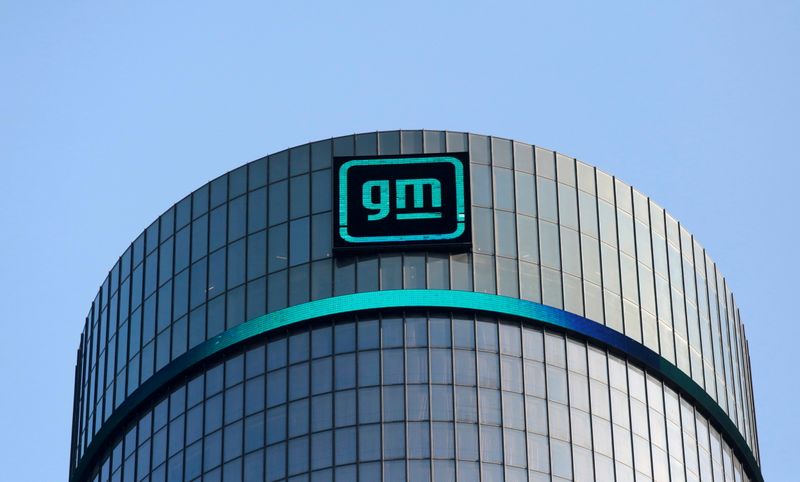Investing.com -- General Motors is ending its autonomous vehicle development at its majority-owned, Cruise business, a move expected to save the company over $1 billion annually.
“While it’s unclear whether the 2025 guidance has changed, we believe the decision should be well-received by investors, as the company will have more dry powder for its already aggressive share buyback ambitions,” analyst wrote.
The exit from the loss-making business, marks a shift from Cruise's rules-based architecture to AI-driven end-to-end models, aligns with GM’s strategy to prioritize personal autonomy around Level 3+ and Level 4 technologies, which offer quicker commercial returns.
GM has committed to reducing its share count to below 1 billion by early 2025, supported by a $10 billion accelerated share repurchase program and $5 billion in buybacks under a $6 billion authorization announced in June.
The company’s 2025 financial outlook is tied on narrowing electric vehicle losses by $2 billion to $4 billion, and the savings from Cruise are expected to bolster GM’s position in case of shortfalls.
While Cruise exit signals a reduced standalone valuation for the unit, analysts suggest that most investors had already discounted its contribution.
“From a valuation perspective, some Cruise optionality may be gone but our sense is the majority of investors weren't giving much credit for Cruise anymore anyway”
GM’s realignment and capital return initiatives are likely to be well-received by investors, underscoring the automaker's efforts to optimize investments and deliver shareholder value.
